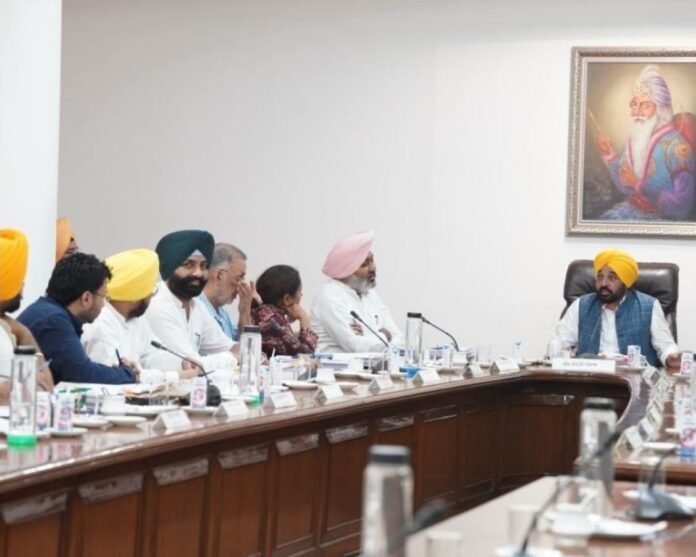In a pivotal legislative move addressing one of the most sensitive and emotionally charged issues in the state, the Punjab government is poised to introduce a new and significantly more stringent law aimed at preventing acts of sacrilege and ensuring the inviolability of religious texts and symbols. This forthcoming legislation, anticipated to be tabled during a special two-day Assembly session on July 10 and 11, signals the Bhagwant Mann-led Aam Aadmi Party government’s determined commitment to delivering justice in cases that have deeply scarred the collective conscience of Punjab. Cabinet Minister Aman Arora underscored the urgent need for a “robust law” with uncompromising legal consequences to deter such heinous incidents and uphold religious harmony in the state, directly referencing past traumatic events like the Bargari-Behbal Kalan sacrilege. The proposed bill is expected to include provisions for life imprisonment or even the death penalty for those found guilty of intentionally desecrating religious scriptures, including the Guru Granth Sahib, Bhagavad Gita, Quran, and Bible. This represents a substantial escalation in punitive measures compared to existing legal frameworks and even the recently enacted central Bharatiya Nyaya Sanhita (BNS), which provides for a maximum of three years for insulting religious beliefs. The government is reportedly consulting constitutional experts to ensure that the inclusion of the death penalty for sacrilege can withstand legal scrutiny, particularly in light of previous concerns from the Union Government regarding proportionality and secular principles. Chief Minister Bhagwant Mann, having recently met with representatives of the Sarv Dharam Beadbi Roko Morcha, has publicly declared that the new law will be designed to eliminate all loopholes that have historically allowed perpetrators of sacrilege to escape with minor penalties. The continuous occurrence of sacrilege incidents and the perceived leniency in the previous justice delivery system have created a profound sense of injustice among the populace, making this a politically crucial move for the AAP government to reclaim public trust and demonstrate its seriousness on matters of faith and community harmony. By aligning the new bill with the BNS, the government aims to create a legally sound and enduring framework that unequivocally protects religious sentiments and punishes those who seek to inflame tensions through acts of desecration, reaffirming its zero-tolerance stance on crime, corruption, and drug trafficking.
Company
Company
The latest
Himachal Pradesh Budget Session 2026 Opens Amid Intense Congress–BJP Showdown Over Fiscal Crisis and Revenue Deficit Grant
The budget session of the Himachal Pradesh Legislative Assembly...
हिमाचल विधानसभा में राज्यपाल पृष्ठों को पढ़ने से “मना कर दिया।” : RDG विवाद ने लिया संवैधानिक टकराव का रूप, केंद्र–राज्य संबंधों पर गहराया...
शिमला — हिमाचल प्रदेश की राजनीति में उस समय...
Surajkund International Crafts Mela Elevates Haryana’s Global Cultural Prestige as 39th Edition Concludes with Record Participation and International Acclaim
The 39th Surajkund International Crafts Mela concluded on a...
Subscribe
© 2025Himsatta. All Rights Reserved





